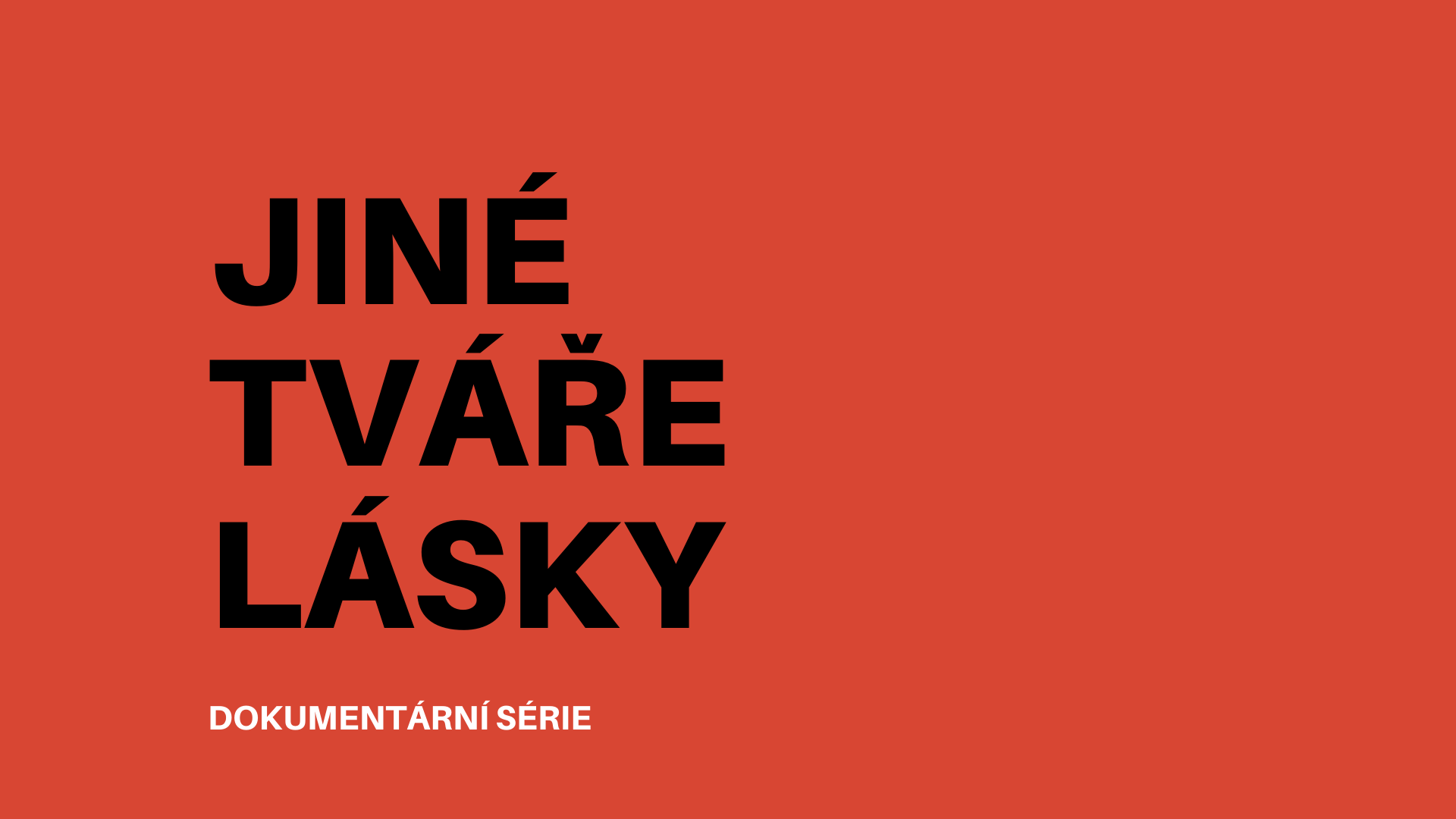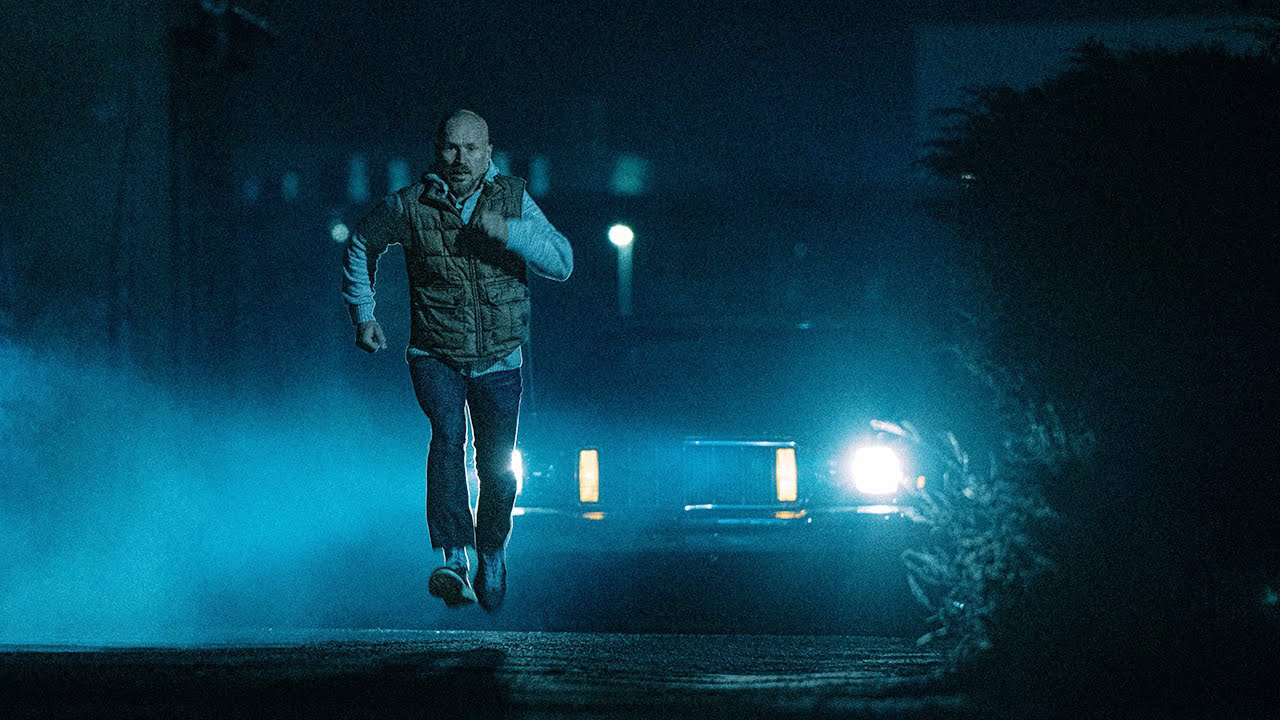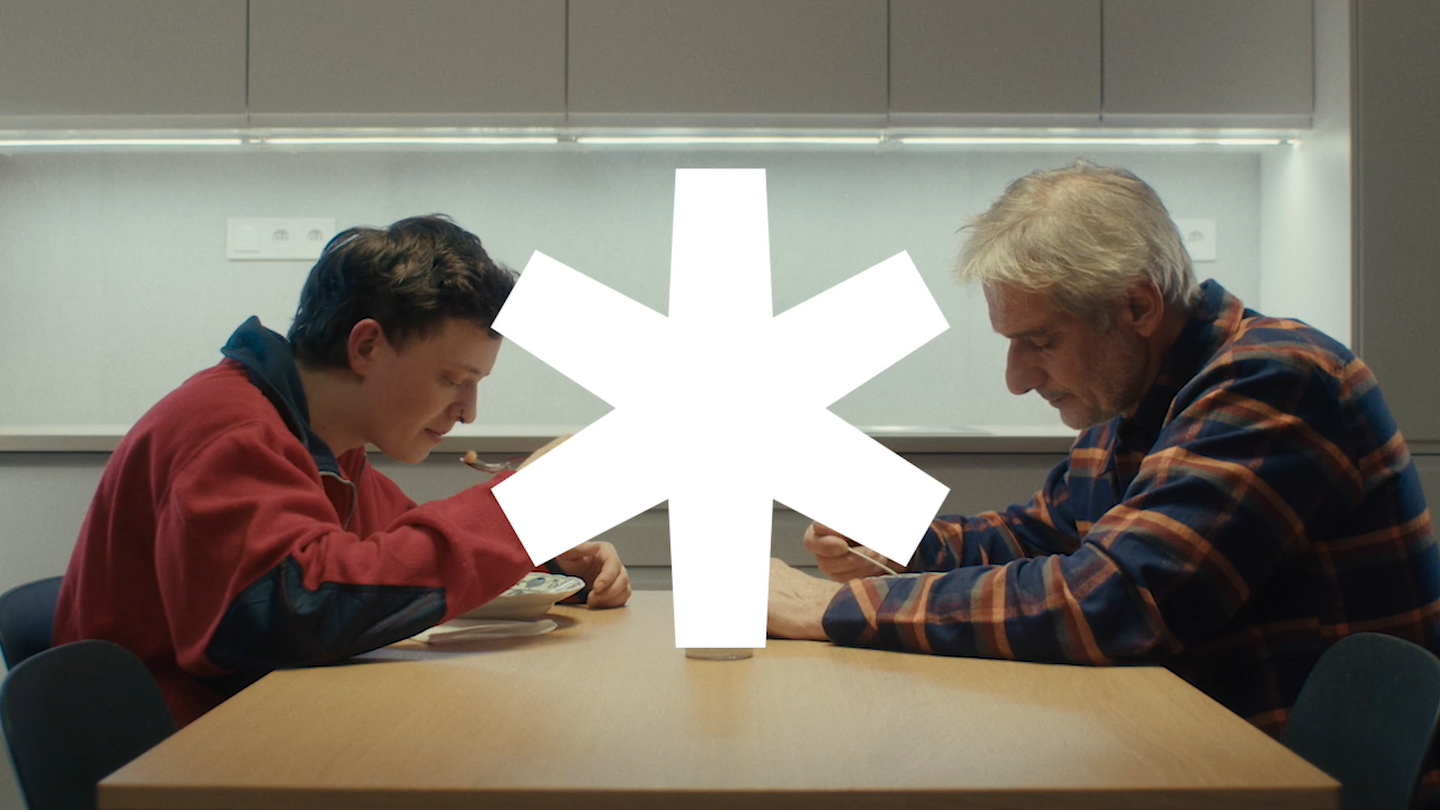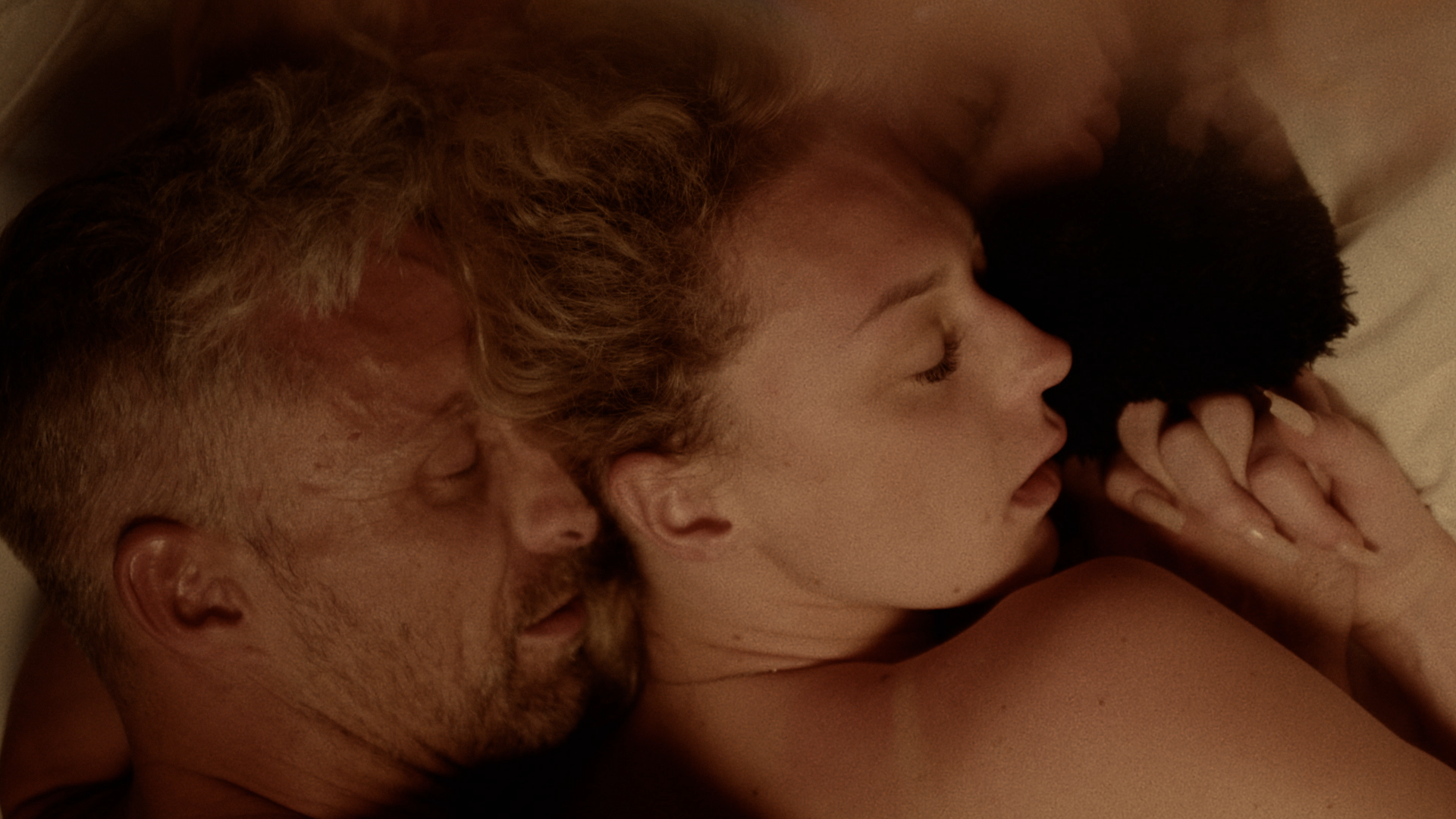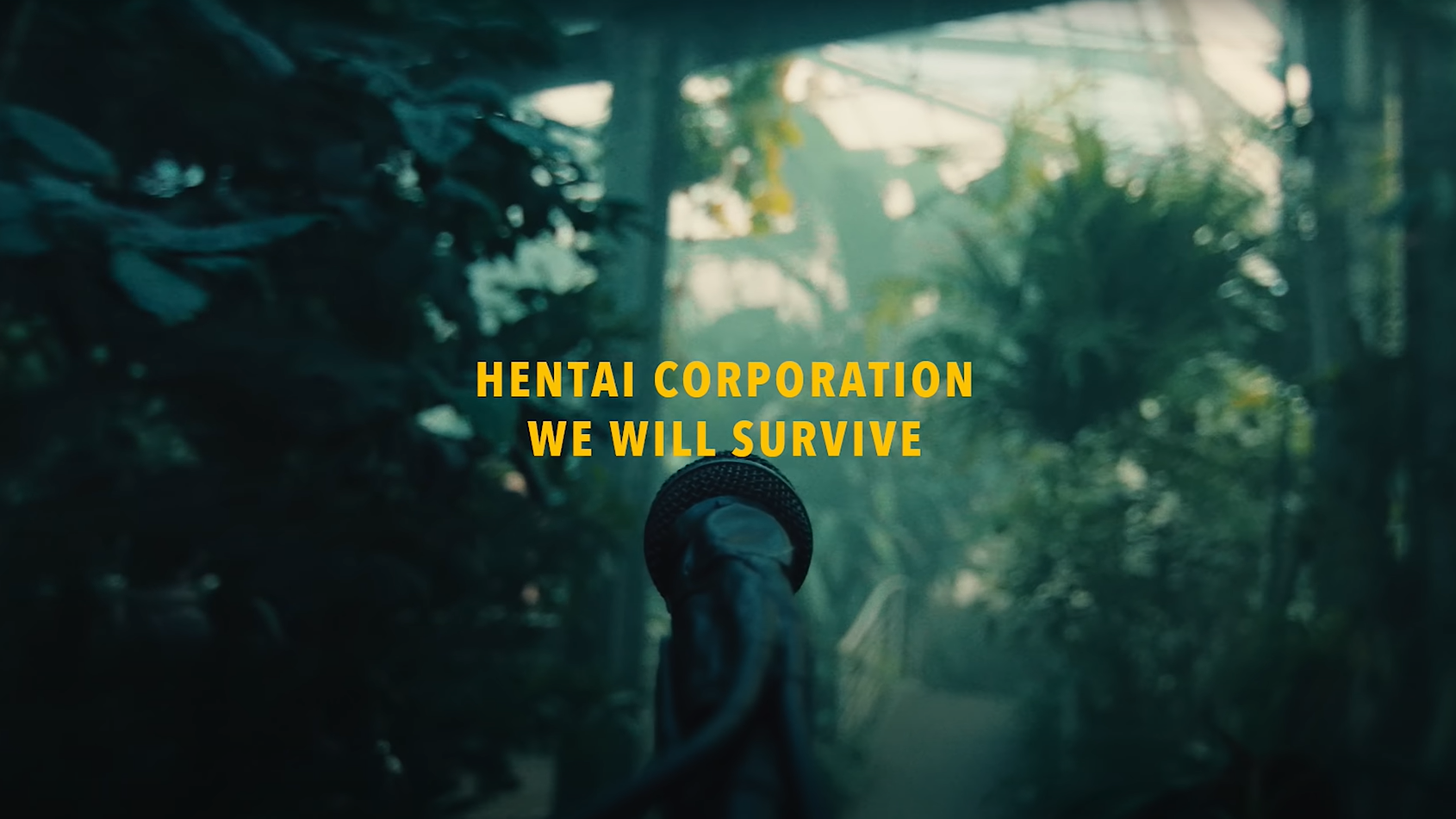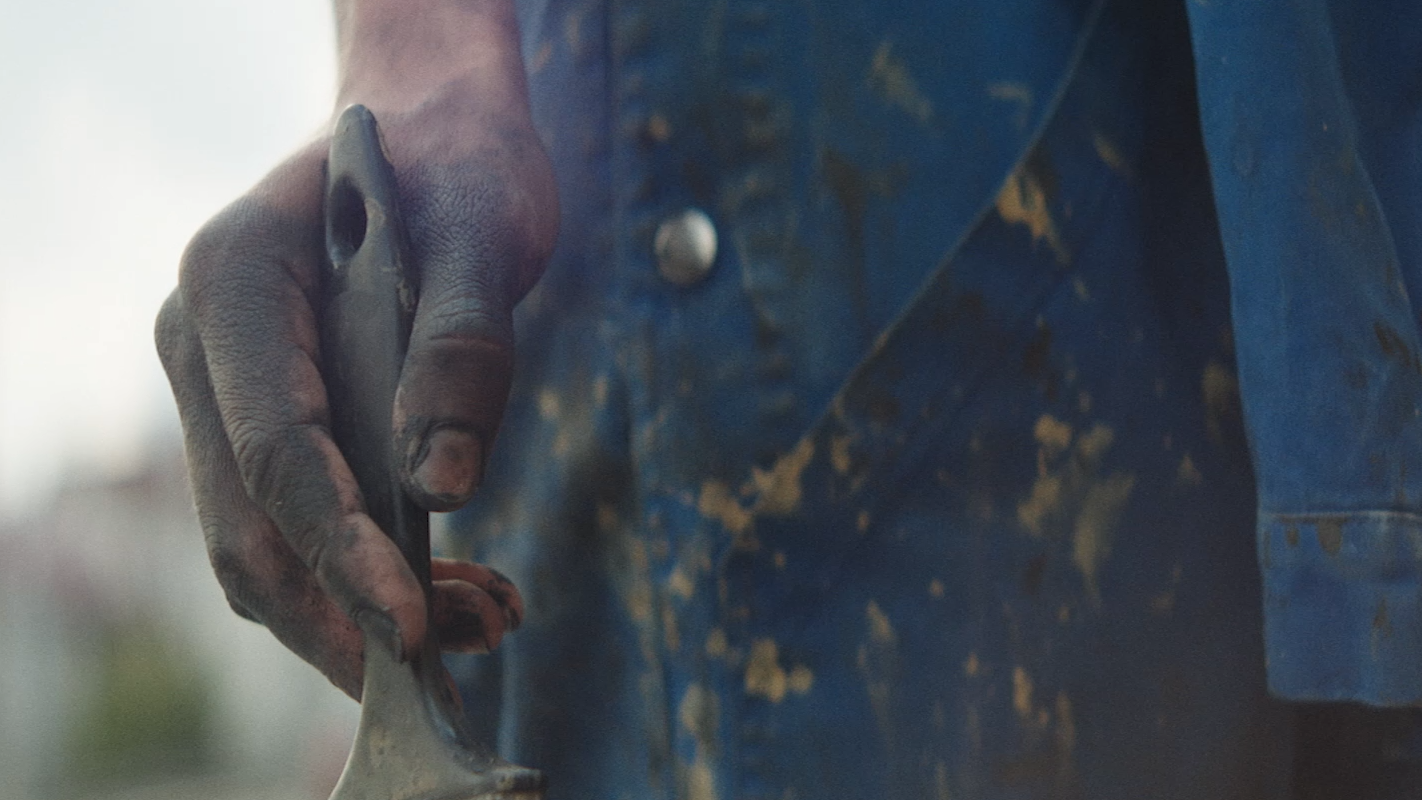Until a few years ago, homeless people annoyed me terribly. I live in Smichov, and it's famous for several places where the homeless congregate. Whenever I'd drive home from work, I'd see them and it bothered me that they were a disgrace. But my girlfriend is a psychologist and she's convinced that the world isn't completely black and white. That's also why I thought that I probably have a simplistic view on this subject, so I'd better do more research and ask around.
But before Homeless, I was already doing a documentary about prostitution called The Other Faces of Love, so the outcast thing is kind of close to my heart. At the same time, I come from a conformist petty bourgeois family and I've been told who to talk to and who not to talk to since I was a kid.
I've always gone against that, but then I found myself doing the same thing without
trying to empathize with these people.
But before Homeless, I was already doing a documentary about prostitution called The Other Faces of Love, so the outcast thing is kind of close to my heart. At the same time, I come from a conformist petty bourgeois family and I've been told who to talk to and who not to talk to since I was a kid.
I've always gone against that, but then I found myself doing the same thing without
trying to empathize with these people.
SERIES 1
The level of a society is known by its ability to help the weak and defenceless. Formerly homeless Václav will show you how he got off the streets. But before he did, he had to be able to answer the most basic questions.
Where to sleep? Where to get food? Which places to avoid? Do you know?
Check out this bonus on poverty, a threat that's closer than you think.
Where to sleep? Where to get food? Which places to avoid? Do you know?
Check out this bonus on poverty, a threat that's closer than you think.
Money is rarely lying around on the street. A homeless person has to be imaginative to get his hands on cash, which he needs as much as the rest of us. Some ways of making money you probably know, but other more creative and subtle methods will probably surprise you. Like playing foosball for money.
SERIES 2
BONUS SERIES: SquatiNG
Directed by Filip Štoček
Story by Filip Štoček / Václav Bural
Director of photography Filip Štoček / Štěpán Svoboda
Editing Filip Štoček
Story by Filip Štoček / Václav Bural
Director of photography Filip Štoček / Štěpán Svoboda
Editing Filip Štoček
Production by Tereza Sommerová
Dramaturg Kateřina Hladíková
Executive Producer Filip Vážanský
Dramaturg Kateřina Hladíková
Executive Producer Filip Vážanský
Music: Tomáš Havlen (Season 1) / Sára Vondrášková (Season 2) / Artlist.io (Squats)
Master of Sound: Josef Beneš




